Why do we need skill development?
India is undergoing rapid industrialisation and less than 5% of the workforce required to match the pace of development is skilled. This is highly detrimental for the youth who account for nearly 83% of India’s unemployed workforce.
For unskilled youth, this means limited technical knowledge and skills becoming barriers to career advancement and income growth. These youth are often unable to negotiate better salaries for want of skills, technical knowledge, and work experience. Adjusting to the workplace is a huge challenge as well due to a lack of industrial exposure and an inability to keep up with the workload at the level of efficiency expected. In rural areas, there is a massive uprooting of the youth from their native villages with forced migration in search of better livelihoods. Not only does this cause a strain on resources of urban areas, but also impedes the development of villages. Additionally, with a higher living cost associated with living in urban areas, the youth are trapped in a vicious cycle of poverty trying to make ends meet.
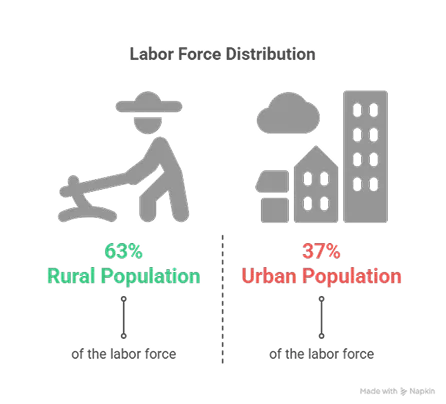
On the other hand, industries too face extreme challenges in terms of engaging workforces that meet their skill requirements. The lack of skilled labour impacts the quality of work and sees low levels of employee retention. They are forced to accept lower standards of productivity or else go through repeated placement processes.
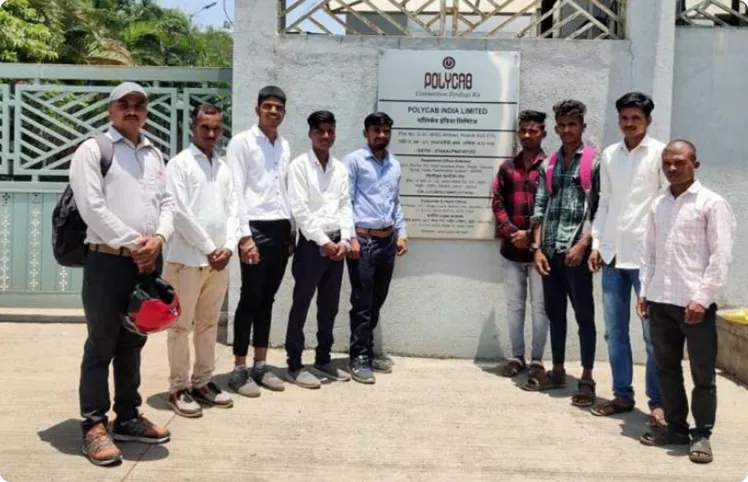










































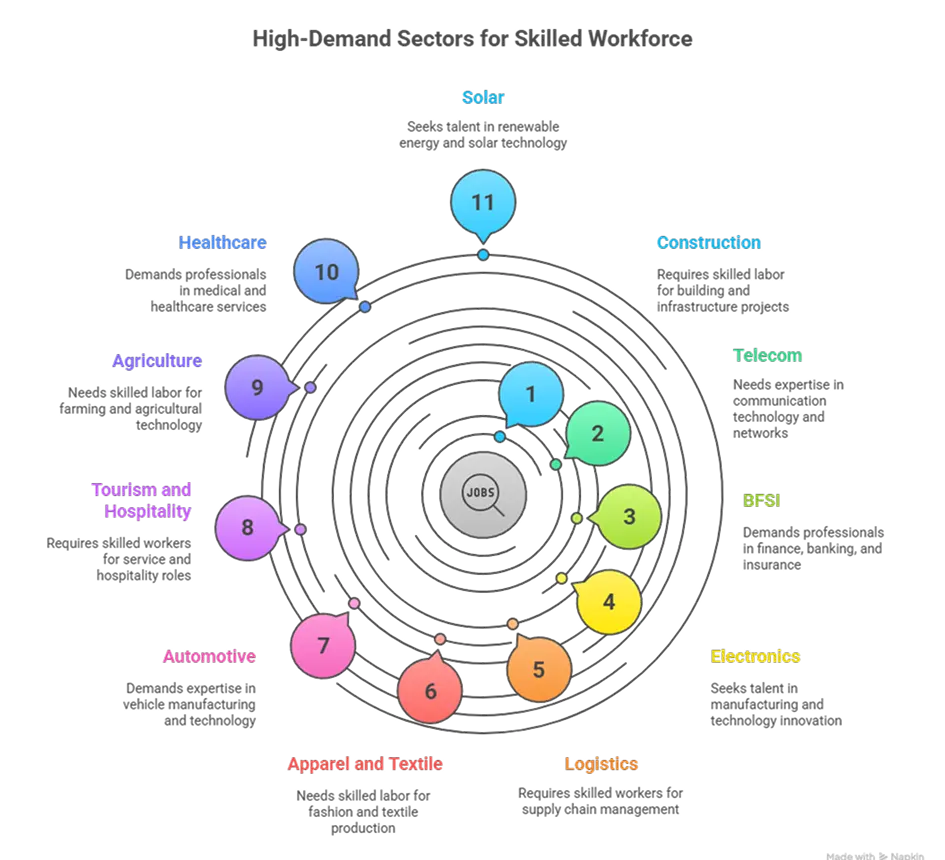

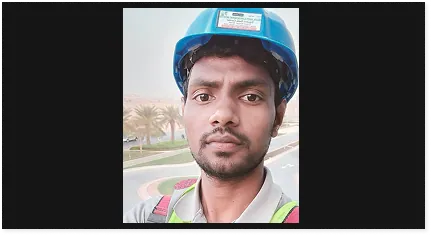
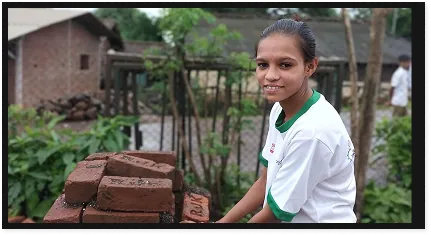
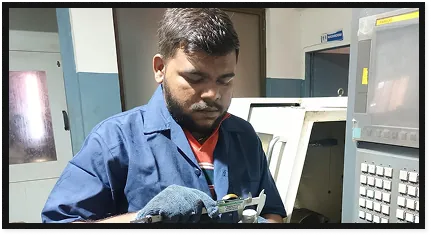

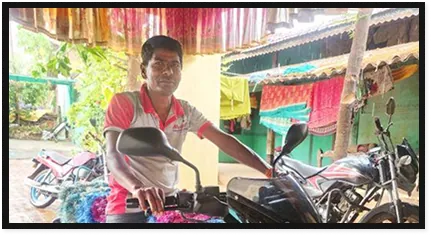
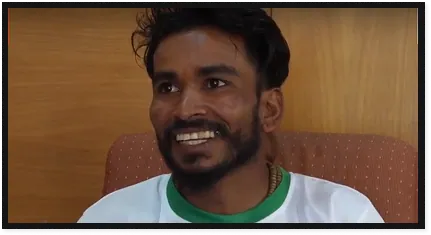
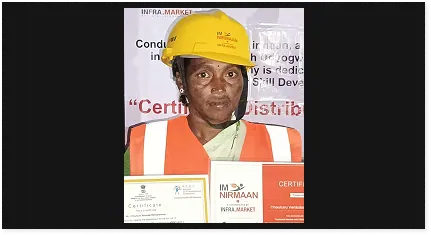
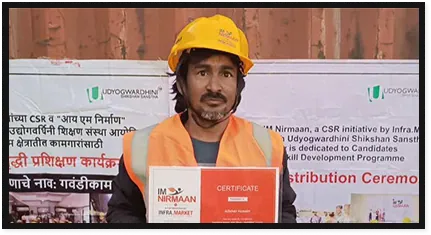
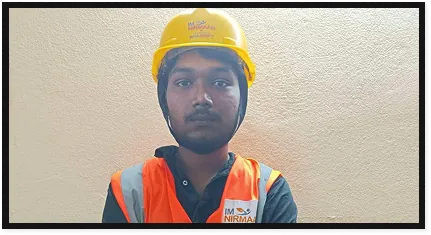

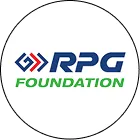


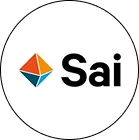










 Head office: 3, Nirman Inspire, Kanherewadi, Opp. Old CBS, Nashik
Head office: 3, Nirman Inspire, Kanherewadi, Opp. Old CBS, Nashik Email: hello@unnatva.org
Email: hello@unnatva.org